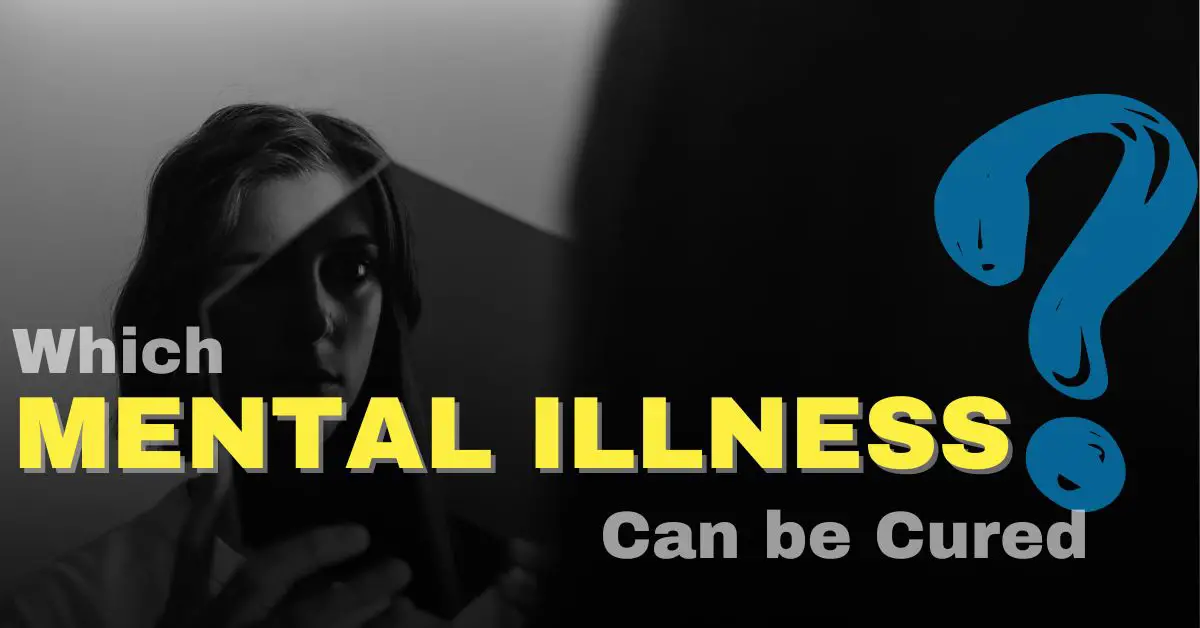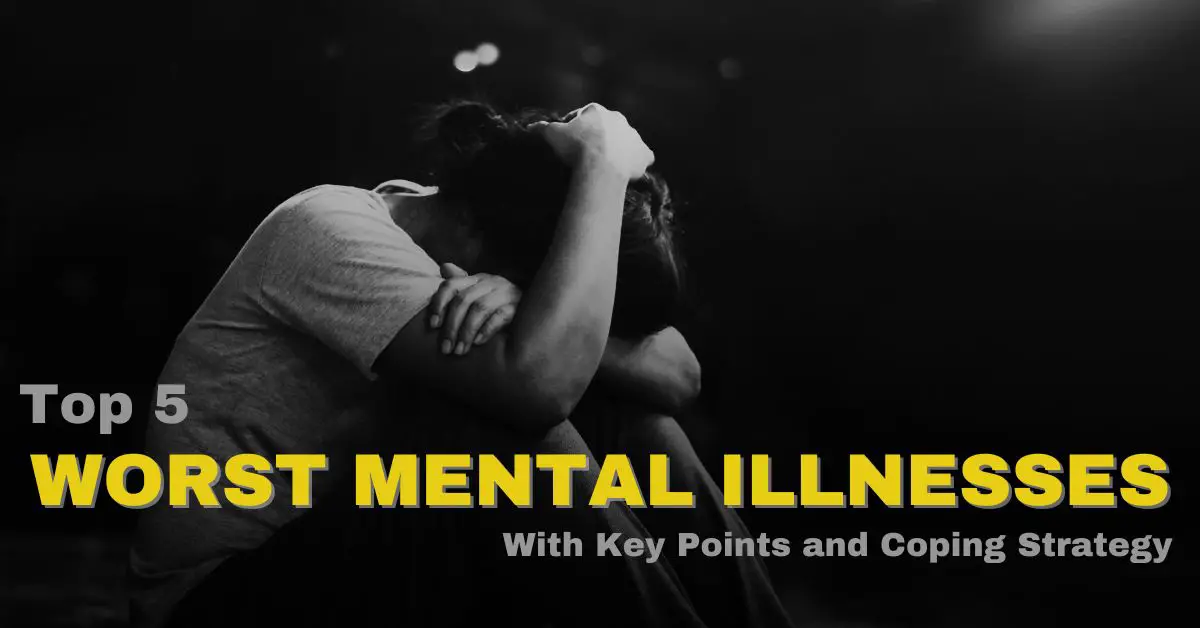Mental illness is a complex issue affecting millions worldwide. Understanding the types of mental illnesses and their treatments is crucial for those seeking help. While some mental illnesses can be effectively managed and treated, others remain chronic conditions requiring ongoing care and support.
What is Mental Illness?
Mental illness refers to a wide range of conditions that affect mood, thinking, and behavior. These conditions can cause distress and impair a person’s ability to function in daily life. It’s important to note that mental illnesses are medical conditions that often result from a combination of genetic, biological, environmental, and psychological factors.
Types of Mental Illnesses
1. Anxiety Disorders
Anxiety disorders are among the most common mental health conditions, characterized by excessive worry, fear, or anxiety. Examples include generalized anxiety disorder (GAD), panic disorder, and phobias.
2. Mood Disorders
Mood disorders, such as depression and bipolar disorder, involve persistent feelings of sadness or fluctuations between extreme highs and lows (mania).
3. Psychotic Disorders
Psychotic disorders, like schizophrenia, cause distorted thinking and perceptions, often leading to hallucinations or delusions.
4. Eating Disorders
Eating disorders, such as anorexia nervosa, bulimia nervosa, and binge-eating disorder, involve extreme emotions, attitudes, and behaviors surrounding weight and food.
5. Personality Disorders
Personality disorders result in unhealthy patterns of thinking, behaving, and relating to others. Examples include borderline personality disorder and narcissistic personality disorder.
Also Read: Worst Mental Illnesses Coping: Top 5 Insights
Treatable Mental Illnesses
While some mental illnesses are chronic and require ongoing management, others can be effectively treated and, in some cases, cured. These include:
1. Depression
Depression is a common mental illness characterized by persistent sadness, loss of interest or pleasure, and feelings of worthlessness or guilt. With proper treatment, including therapy and medication, many people recover from depression.
2. Anxiety Disorders
Anxiety disorders, including GAD, panic disorder, and specific phobias, can be treated with therapy, medication, or a combination of both.
3. PTSD
Post-traumatic stress disorder (PTSD) can develop after experiencing a traumatic event. Therapy, particularly cognitive behavioral therapy (CBT), has been shown to be effective in treating PTSD.
4. OCD
Obsessive-compulsive disorder (OCD) causes repetitive, unwanted thoughts (obsessions) and/or repetitive behaviors (compulsions). Treatment, such as CBT and medication, can help manage symptoms.
Also Read: Why Mental Wellness is the Key to Overall Well-being
Managing Mental Illnesses
Therapy
Therapy, such as CBT or talk therapy, is a common treatment for many mental illnesses. It helps individuals understand their thoughts and behaviors and develop coping strategies.
Medication
Medication, such as antidepressants or antipsychotics, may be prescribed to manage symptoms of certain mental illnesses. It’s important to work closely with a healthcare provider to find the right medication and dosage.
Lifestyle Changes
Lifestyle changes, including regular exercise, healthy eating, and adequate sleep, can play a role in managing mental illnesses. Additionally, reducing stress and avoiding alcohol and drugs can help improve mental health.
Conclusion
While some mental illnesses can be cured or effectively managed, others remain chronic conditions requiring ongoing care. Seeking help from a healthcare professional is the first step toward understanding and managing mental illness.
FAQs
Q: Can all mental illnesses be cured?
A: No, not all mental illnesses can be cured. Some, like depression and anxiety disorders, can be effectively treated, while others, like schizophrenia, may require long-term management.
Q: What is the most common treatment for mental illness?
A: Therapy, particularly cognitive behavioral therapy (CBT), is a common treatment for many mental illnesses. Medication may also be prescribed, depending on the condition.
Q: How long does it take to treat a mental illness?
A: The duration of treatment varies depending on the individual and the type of mental illness. Some people may see improvement in a few weeks, while others may require longer-term treatment.
Q: Are there any natural remedies for mental illness?
A: Some people find relief from symptoms of mental illness through practices like yoga, meditation, and acupuncture. However, it’s important to consult with a healthcare provider before trying any natural remedies.
Q: Can mental illness be prevented?
A: While not all mental illnesses can be prevented, certain lifestyle changes, such as maintaining a healthy diet, exercising regularly, and managing stress, can help reduce the risk of developing some mental health conditions.



